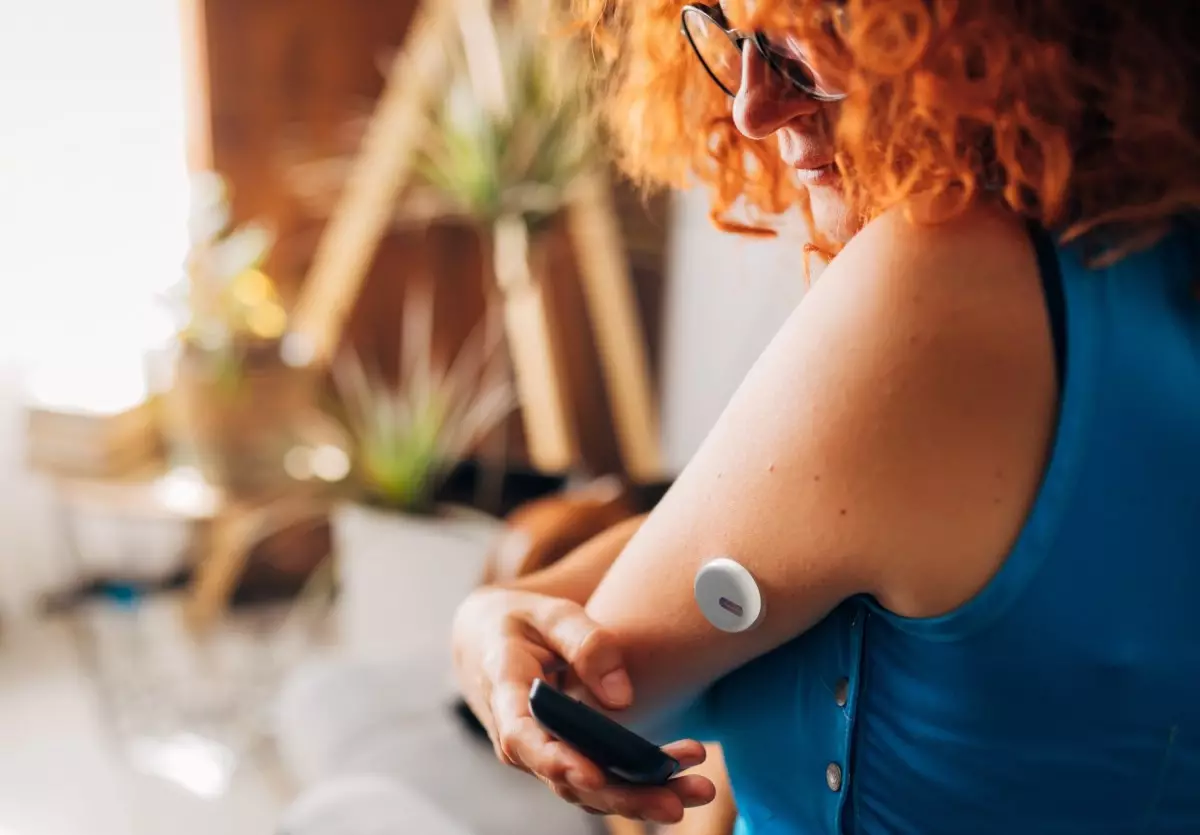Chronic kidney disease (CKD) and its associated complications pose significant health challenges worldwide. Among these complications, potassium imbalances have emerged as a critical concern, particularly for patients at risk of heart failure. These imbalances can lead to severe, sometimes life-threatening consequences, making effective monitoring a necessity for patient safety. While diabetes management has been revolutionized by wearable glucose monitors, the realm of potassium monitoring has lagged behind—until now. Recent innovations from startups like Proton Intelligence are poised to redefine how potassium levels are tracked and managed.
Potassium plays a crucial role in various bodily functions, particularly in maintaining heart health and muscle function. For those with CKD or heart-related conditions, closely monitoring potassium levels is essential to prevent serious complications such as arrhythmias and cardiac arrest. Traditionally, monitoring has been a manual process involving blood tests, which can be inconvenient and fraught with delays. This “flying blind” approach leads to anxiety among patients and healthcare providers alike, as they often grapple with crucial decisions based on incomplete information. This highlights a pressing need for innovative solutions that promise real-time insights into potassium levels without the cumbersome procedures currently in place.
At the forefront of this technological shift is Proton Intelligence, a startup with roots in Canada and Australia that aims to develop a continuous potassium monitoring device. Recently raising $6.95 million in Seed financing, Proton is gearing up for clinical trials ahead of its anticipated 2025 product launch. Their solution involves a discreet, under-the-skin device linked to a smartphone app designed not only for real-time potassium level monitoring but also for delivering crucial notifications when levels fluctuate beyond safe thresholds. Such innovations suggest a potential revolution in the way patients and healthcare professionals interact with potassium monitoring, ultimately fostering proactive healthcare management.
Proton’s founders, Sahan Ranamukhaarachchi and Victor Cadarso, both bring valuable expertise from previous ventures and roles in research. Their collaborative experience in wearable biosensors has informed the development of their current innovation, allowing them to bridge scientific research with practical application. By conducting numerous in-depth interviews with healthcare professionals, they effectively tapped into the lived experiences of patients, uncovering the stark realities of potassium management and the emotional turmoil linked to potential health crises.
While Proton showcases a promising approach to potassium monitoring, it enters a bustling field marked by various competitors, each offering unique methodologies. Companies like AliveCor and Alio are already leveraging cardiac activity metrics to indirectly estimate potassium levels, while Renalyse offers a finger-prick blood test for more conventional potassium monitoring. This competitive atmosphere underscores the necessity for Proton to deliver on its promises of usability and scalability. With the founders’ confidence in the superiority of their product, they highlight its potential to exceed existing technologies in both accuracy and client impact.
Despite the challenges posed by a diverse lineup of competitors, the demand for more effective potassium management solutions substantiates the market potential for Proton’s device. The staggering statistic that approximately 10% of the global population suffers from chronic kidney disease accentuates the urgency for innovative healthcare solutions. With countless individuals lacking access to proper monitoring, the solution Proton is developing could save lives and significantly enhance overall quality of care.
As Proton Intelligence prepares to enter the market, it stands at the intersection of technology and healthcare, embodying the innovation that could change the trajectory of potassium management. By providing real-time monitoring through an intuitive digital platform, Proton not only intends to alleviate patient anxiety but also empower healthcare providers to make timely and informed decisions. The success of this initiative could very well mark the dawn of a new era in potassium management, fundamentally altering how chronic illnesses are monitored and treated. With patient safety at the forefront, the future of potassium monitoring promises to be as critical as it is transformative.

